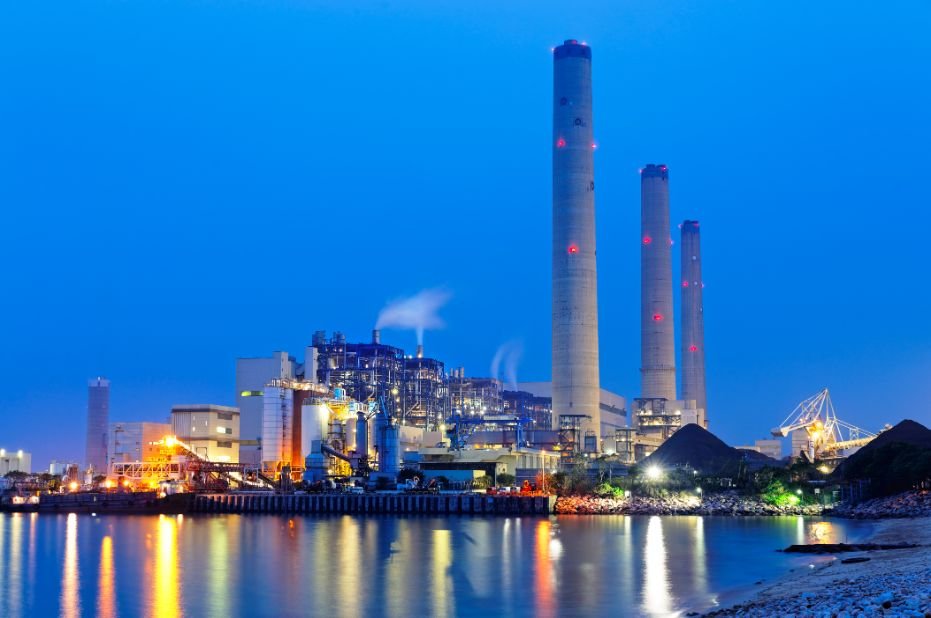MUNICIPAL SOLID WASTE MANAGEMENT IN DEVELOPING COUNTRIES

Municipal Solid Waste Management is one of the major environmental challenges leading to soil, water and air pollution. Solid Wastes are generated by everyone daily. The quantity and type of solid wastes generated depends on factors like income and lifestyle of people. The municipal solid waste predominantly comprises food waste, fruits and vegetable wastes, paper, plastic, textile, glass, metals and other organic waste like yard trimmings. Most of the solid wastes are not properly managed; rather they are simply dumped in open sites or burned. Awareness regarding solid waste management and its impacts is low. Dumping of wastes at open sites poses issues such a fly & rat breeding, odour nuisance, spreading of disease, contamination of soil, groundwater and unsightly look. Burning of wastes leads to air pollution and smoke issues. The mismanaged wastes during high wind and rain mix up in the water bodies, affecting water quality and aquatic life.
Municipal Solid Waste Management is not only a challenge but also an opportunity for resource recovery and employability. Efficient waste management involves segregation of waste at source, collection, processing of wastes (recycling), transportation and final disposal. One of the major challenges in MSW is the segregation and resource recovery of waste. Segregation of waste at source by the usage of different trash bins for wet and dry wastes would enhance an improved waste management system. After segregation, it should be ensured that the waste undergoes the process of recycling and resource recovery. Metal scarps, plastics, paper, textile wastes could be processed and recycled. The organic waste can be used for the purpose of composting or biogas production for the locality. The remaining inorganic wastes alone should go for the sanitary landfill. An efficient waste management could provide employment opportunity for rag pickers and people at resource recovery facilities. Also, it will reduce the load of waste going to landfill and thereby increase the life period of landfill. A well managed waste paves way for resources recovery and waste to energy. Waste to energy reduces the volume of waste and also converts the waste into useful energy. For example, biomethanation plants generate biogas by digesting organic waste which could be used for lightning, cooking and the sludge formed could be used as manure for plants.
Organizations and Institutions can use their wet waste to produce compost or biogas for their own purposes. Other recyclables can be collected and given at the processing facilities for recycling. It is everyone’s duty to keep our mother earth clean. If everyone follows the 3R’s – Reduce, Reuse and Recycle, then eventually half of the wastes would be reduced.
In developed nations, MSW incineration is successfully followed. We have visited several such incineration plants in many countries. In Thailand, we have visited the incineration plan in Phuket Island too. Many such incineration power plants are under construction in developing countries. Low heating value of the MSW is a big concern in developing countries. Also, the power plant investment cost is very high. Source segregation is still a big challenge. Overall, this is a several billion dollar investment worth industry with huge growing business potential.
Quick Contact





